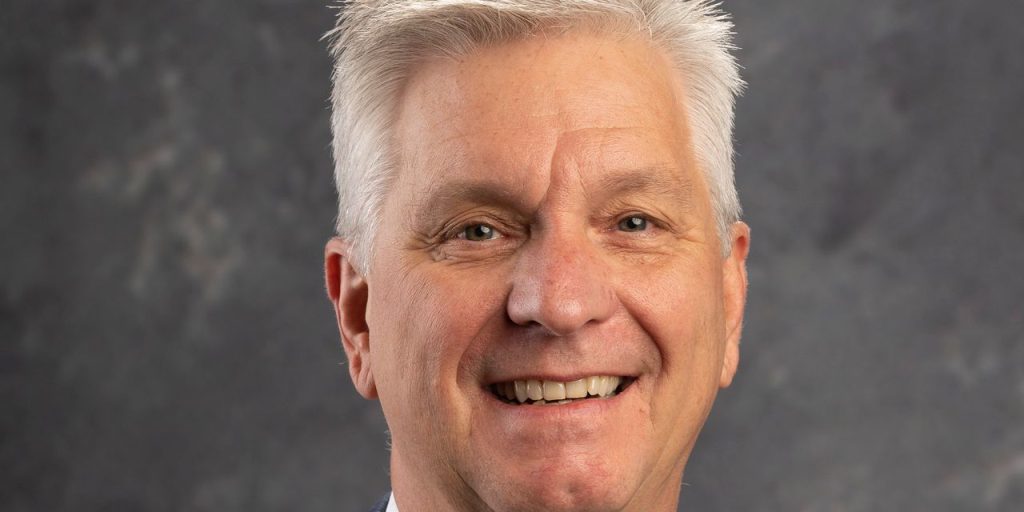Federal Reserve Gov. Chris Waller is undecided on whether to support another increase in U.S. interest rates in June and said he won’t back a “pause” until he sees more progress on reducing inflation.
Waller said a bevy of upcoming reports on inflation and employment will guide his vote next month.
“We still have some major data releases coming up in the next three weeks and I’ll also be learning more about evolving credit conditions, both factors which will inform me on the best course of action,” he said in a speech Wednesday at the University of California in Santa Barbara.
“Between now and then, we need to maintain flexibility on the best decision to take in June.”
The Fed meets June 13-14 to decide whether to raise interest rates again. Most members have taken a wait-and-see approach, but a few say rates still need to go a bit higher this to make sure inflation is brought under control.
Waller said he wants more proof inflation is slowing to justify a freeze on further rates hikes this year.
“I do not expect the data coming in over the next couple of months will make it
clear that we have reached the terminal rate,” he said. “And I do not support stopping rate hikes unless we get clear evidence that inflation is moving down towards our 2% objective.”
The yearly increase in the CPI hit a 40-year peak of 9.1% last summer before slowing to around 5% as of April.
Inflation appears to have gotten stuck between 4% to 5%, however, and it remains well above the Fed’s target.
Waller said he will pay close attention to the April PCE inflation report on Friday and the May consumer price index released the day the next Fed meeting starts.
The May employment report in early June will also offer clues on whether there’s further cooling in the labor market, especially wage growth.
“We do need to see more loosening than we have seen to help take the heat off the inflation rate,” Waller said.
In May, the Fed raise a key short-term interest rate for the 10th meeting in a row to a range of 5% to 5.25% from near zero just a little over a year ago. Higher rates reduce inflation by slowing the economy.
Some senior Fed officials say the central bank should be extra careful about raising rates again lest high borrowing cost plunge the economy into recession.
Worries about tightening lending standards and a possible credit crunch is another factor in the wake of several high-profile bank failures. If banks lend less, Waller said, the effect on the economy would be the equivalent of a few rate hikes.
“If not considered appropriately, the Fed could tighten too much and needlessly raise the risk of a recession,” he said.
Yet Waller said he would back more rate hikes absent a steady decline in inflation. “Bottom line, I am concerned about the lack of progress,” Waller said.
Read the full article here
